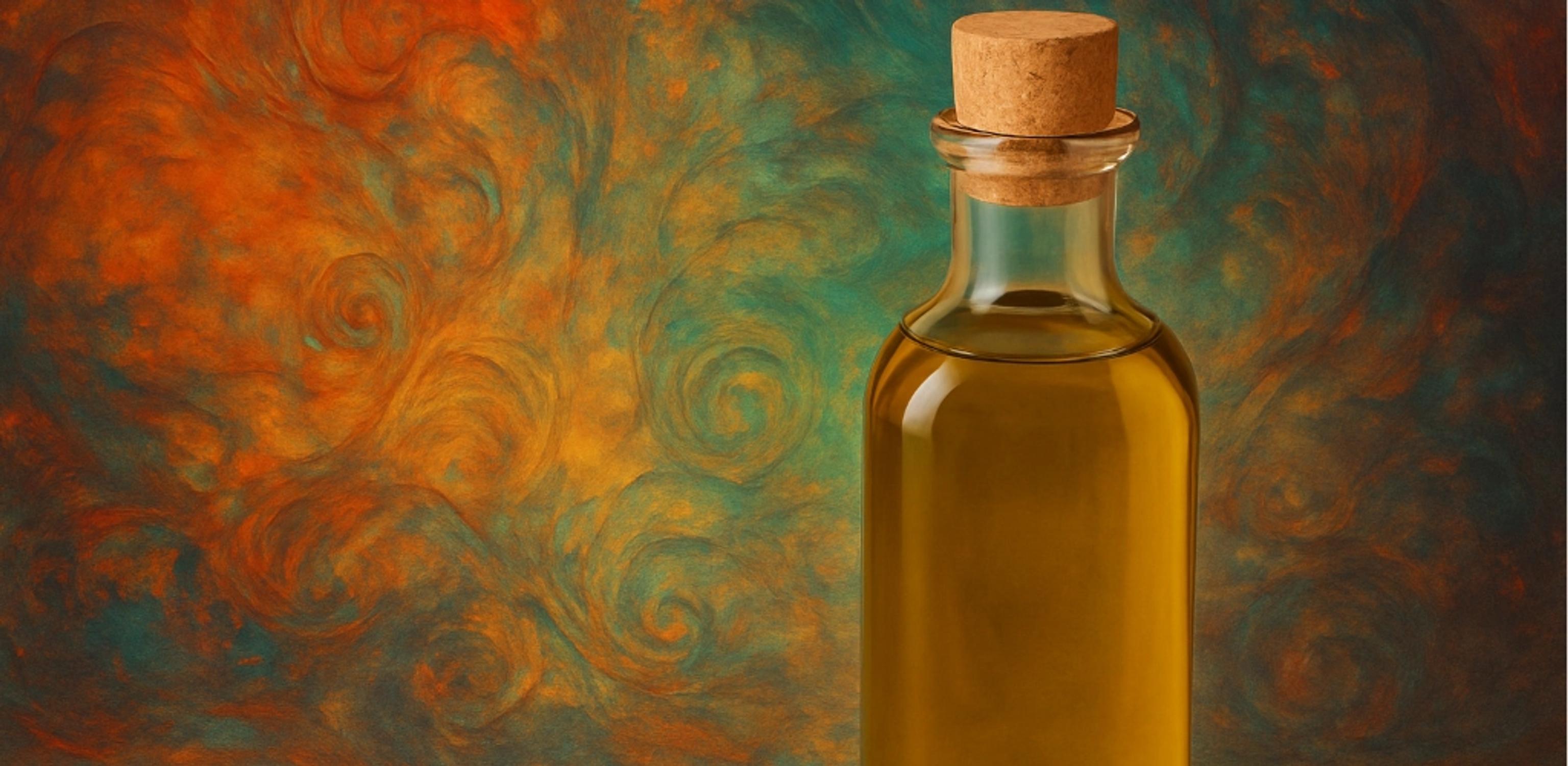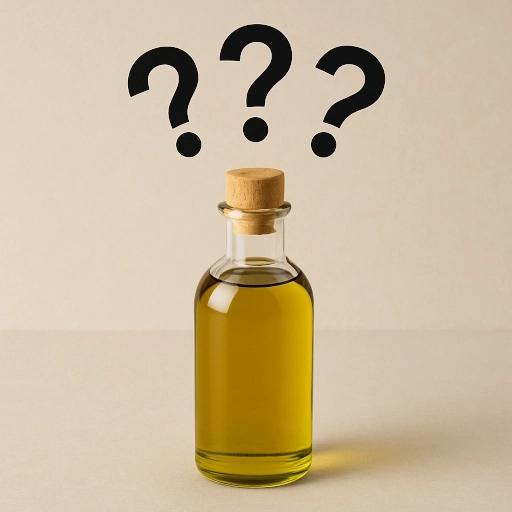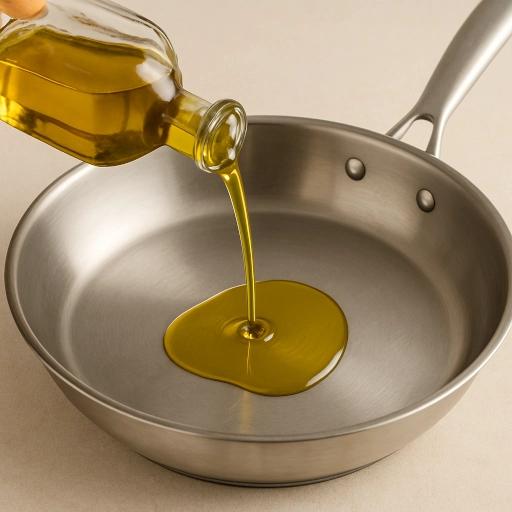
Rise of misinformation and low quality ‘health-focused’ olive oil brands
1 August 2025

Recently, there has been a rise in companies claiming to offer polyphenol products that fall short of the mark, common myths also continue to propagate the olive oil industry.
High polyphenol extra virgin olive oil has undergone a period of popularity recently, fuelled partly by health and longevity influencers like Bryan Johnson. This rise in popularity is great, it brings awareness to the polyphenols in olive oil and the beneficial effects they can have on general health - but it also comes with a downside. Recently, there has been a rise in companies claiming to offer polyphenol products that unfortunately fall short of the mark. Not only this, common myths that have plagued the olive oil industry for years continue to propagate.
Olive Oil Myths
Most olive oils in the supermarket are fake

While there have been documented cases of fraud in the olive oil industry, particularly in the early 2000s, the idea that most olive oil is fake today is an overblown narrative - especially in the high polyphenol corner of the market. In fact, during the 2021 DEFRA’s review of their 2014 regulations it was found that the regular sampling, including organoleptic and chemical assessments, had been effective at raising the standards of olive oil available for sale - effectively protecting consumers against fraud. The data shows that only around 10% of the samples taken were non-compliant from a chemical standpoint - a much lower figure than that thrown around in the scaremongering marketing materials of these newer olive oil brands like Aeons, Ancient Roots. Aeons is one example of a newer olive oil brand that we do not list on the website, due to lack of crucial third-party lab tests, and a large amount of negative reviews from our users - you can read more about this here: The problem with Ancient Roots.
In truth, the vast majority of supermarket olive oil in the UK is legitimate olive oil. The real issue is that it is poor quality, but that is a separate point. More and more reputable producers now perform third-party testing and provide full transparency around harvest dates, polyphenol content, and traceability back to the farm. These are the producers and brands that we list on our website and do our best to promote.
You shouldn’t cook with olive oil

High polyphenol oil actually stands up to cooking better than regular olive oil. Cooking below olive oil’s smoke point of around 200 degrees celsius is perfectly fine, and can actually increase the bioaccessibility of nutritional components of the food you’re cooking - effectively making the total meal healthier.
The only reason you might want to avoid cooking with olive oil is because polyphenols will degrade during cooking, especially if it’s for a long period of time or at a high heat. In this case, it can be more economical to cook with a cheaper, lower quality olive oil and reserve your more expensive high polyphenol oil to drizzle raw - so you can be sure you’re getting the most out of the polyphenols.
Only our olive oil is good for your health
More and more olive oil brands are popping up since the health benefits of olive oil have become more studied and generally well known. Ordinarily this would be a good thing, but the issue is some of these brands are offering poor value, or even worse deliberately holding back information to make their products more marketable. Here are some important points to look out for when looking to try a new brand of olive oil.
- Do they publish polyphenol count in their oils?
- Do they provide a link to a third party certification?
- Is there any traceability back to their farm, details of methods etc.?
- Is their oil monocultivar? Or a mix of two varieties?
- Do they publish a harvest date to ensure the oil is fresh?
Caveat Emptor
These points form some of the most important things to look out for and unfortunately a lot of the new brands fall short on these points. They may claim that their product is the key to unlocking a new, healthy lifestyle but they do not publish the most important piece of information regarding how healthy the oil is - the polyphenol content. It is clear in the research that, at least up to a point, more distinguished health effects are noticed in the study participants that consumed higher polyphenol oil compared with regular or lower polyphenol oil.
For the full picture on how to determine the oil you are buying is quality, you can read our ultimate guide.
Browse our high polyphenol extra virgin olive oils
Browse EVOOsComments
There are 0 comments.